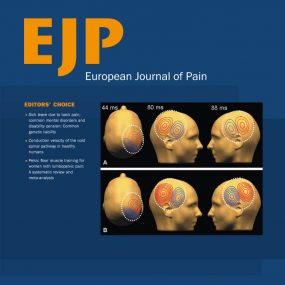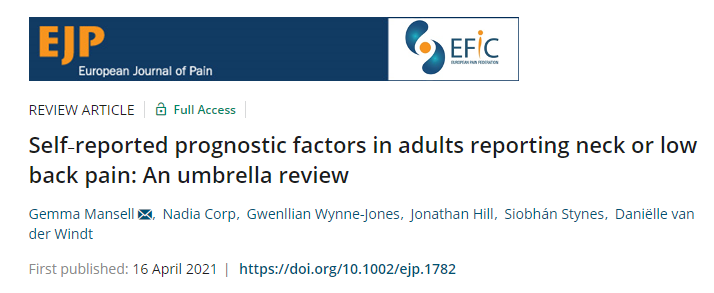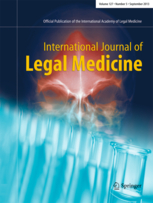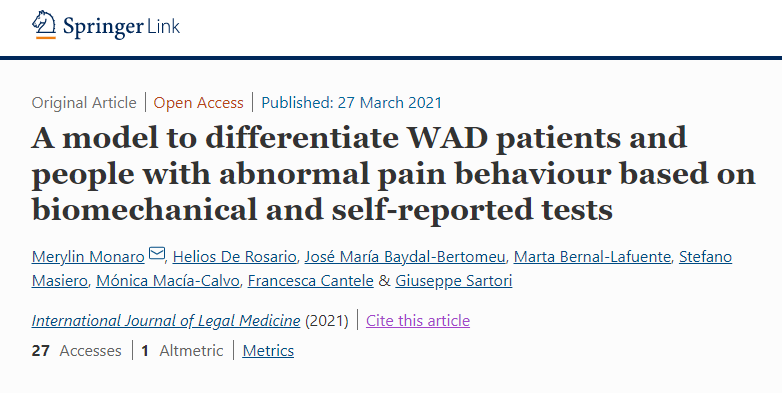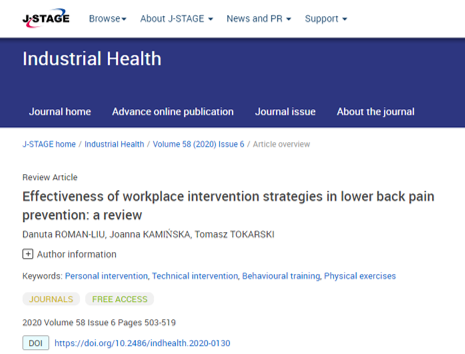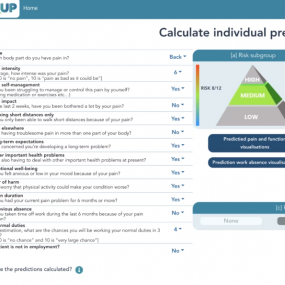The Back-UP first contact tool for clinicians is now live! Try it in:
The content has been designed by clinicians to support initial treatment decision-making for patients with back and neck pain, and it has being designed to work in 12 European languages (English, Italian, Danish, Swedish, Dutch, Spanish, German, Polish, French, Portuguese, Croatian & Norwegian).
The Back-UP free web app offers clinicians and their patients:
- Useful patient self-management resources in your language
- Personalised, automated Care Plans for your patients to use as a clinical summary of musculoskeletal consultations
- Risk stratification with risk-matched treatment options
- Individualised prediction graphs for each patient’s pain, function and work outcomes
The web app will be made available to you as part of early research testing in 3 stages:
- Self-management resources and Care Plan tool
- Risk stratification and individualised prediction graphs
- My Statistics, enabling you to compare your decision-making to other clinicians
The first 240 clinician users to complete their feedback on the Back-UP web-app will receive a £25 Amazon gift voucher (the vouchers are spread fairly across the different languages).
This project has ethical approval from Keele University UK, for convenience sampling using international professional and clinical networks.
Identifiable patient data is not entered or saved in the Back-UP web app. At this point in its research development the Back-UP web app is not linked to any routine electronic medical record systems. The web app will be made available until mid-December 2020.
We would be delighted if you would try it out in your clinical practice and give us feedback on how to improve it.





